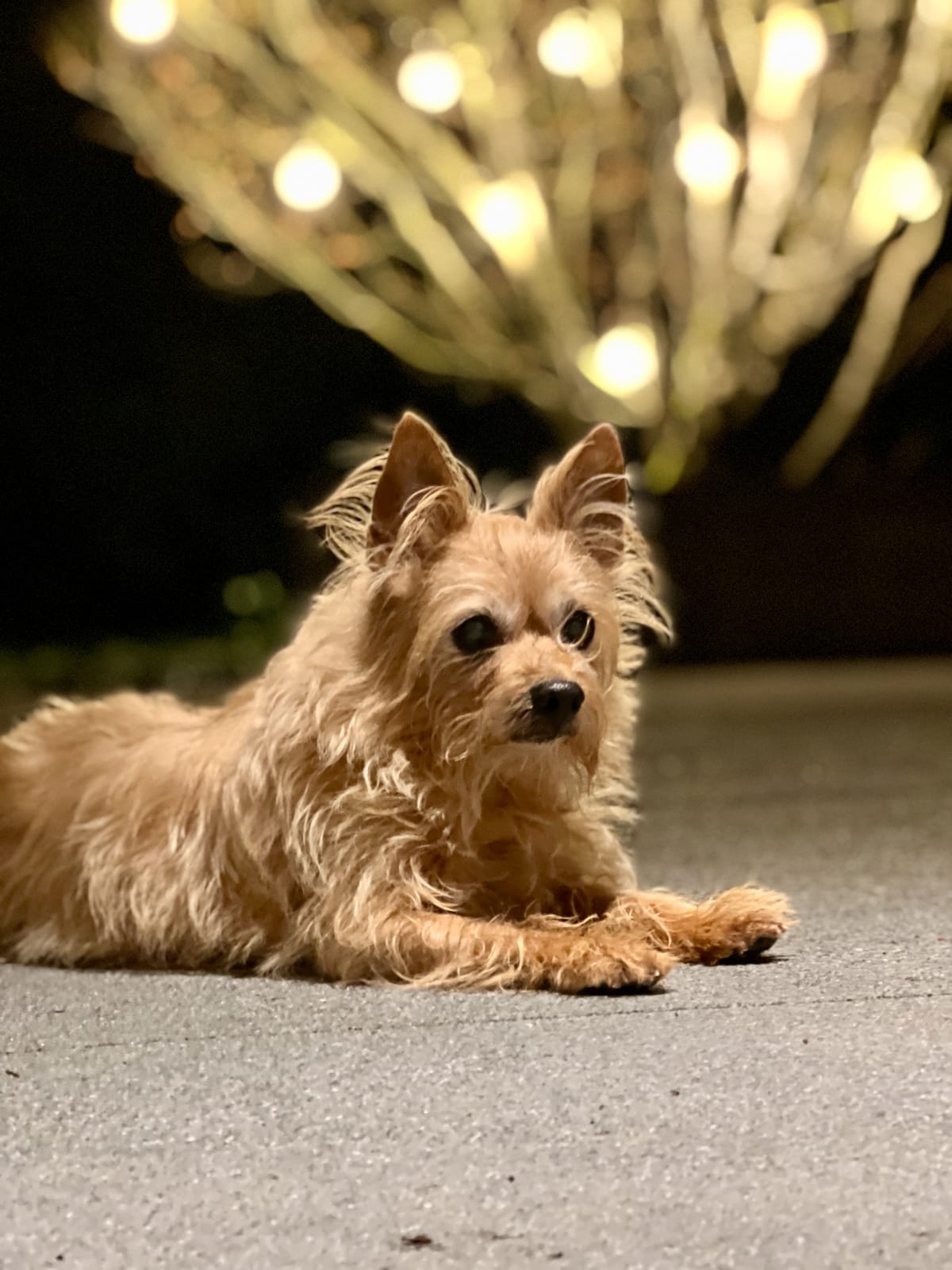Technology and Pessimism needn't go hand in hand
It is easy to be overwhelmed by pessimism, but the same technology that is used to overwhelm us, can be used to lift us up.

At The Common Reader, Henry Oliver writes:
Look around. People are dissatisfied. There are riots and lawlessness, an epidemic of poor mental health, and a trend for electing divisive politicians. Despite tremendous advances in technology and living standards, there is widespread nostalgia for the 1990s and 2000s.
There are some significant societal problems underlying this. Inequality, economic pressures, divisiveness, loss of trust in institutions, etc. One problem is the way that devices and media are playing with our brains.
The evidence is strong that screen time (phones, PCs, tablets, TVs — though predominantly phones) negatively affects our young people. Noah Smith summarizes some of the recent research, including this randomized clinical trial. Anyone who uses social networks can sense the divisiveness and attacks on self-confidence.
Our consumption of media and short-form social media is certainly not the only cause of societal dissatisfaction and anger. But we've all found ourselves caught in social media doom loops. We are bombarded with short snippets designed to enrage, reinforce our biases, and make us feel lesser than others. It’s not just social media; mainstream TV media is pushing the same buttons and has been doing so for years. "If it bleeds, it leads" dates back to the 1890s.
Henry Oliver goes on to make the strong case that reading, long-form reading, is an effective antidote. Reading can engage our imaginations and allow us to ingest ideas and stories that inspire and motivate. We can intentionally choose what content to put in our brains rather than consuming the algorithmic feed.
And reading is not the only way we can redirect our brains. We can create. It has never been easier to write code — VS Code is a download away, Github Copilot will teach and guide you, and the world is full of code samples openly available to learn from. It has never been easier to try your hand at songwriting; there are free software tools and innumerable new AI tools available every day. Apparently, it is super easy to write and publish newsletters, novels, and poetry – tools are free, and it is easy to start distributing your contributions. There are innumerable tools for drawing and art. It has never been easier to create and share.
We can learn — there are countless apps and services to help you learn a language – my friend Vlad is using ChatGPT and Language Reactor and foreign language media sites to great effect. You can follow along with any MIT course. There are infinite YouTube videos on nearly every subject or craft known to humanity.
We can get involved in our communities; the internet gives us so much information on events and organizations around us.
And on social networks, we can seek out content that helps us grow and learn. I don't use TikTok often, but when I do, I get a constant stream of pickleball tips; I've trained the algorithm to help me.
Our devices and the internet can help us read, create, learn, and connect. They can be transformative in our lives in great ways if we are very intentional about how we use them. Technology can still connect us positively and improve our skills; it is up to us to grab the right tools and push the development of the tools in the way we need them to go. And it is the responsibility of tech leaders and early adopters to lead the way towards a healthier use of the tools.
Ruby
We lost a sweetheart this weekend. Ruby had been with us for about four years. She came to us very ill; Cristi worked very hard to get her back to health and to get her on a sustainable diet. But she finally succumbed to age and kidney disease.
Like all our senior adoptees, the change in Ruby's life was tough on her; she had lived on a farm, and now she was living a much more urban life, not by choice. She was tough and independent; she would try to take your finger off if you messed with her feet.
The rest of our pack welcomed her in, and she got along well with them all. And to my very great surprise, Ruby adopted me as her human and became my shadow. That was a first for me, and to this day, I am not sure why she made that choice. But I tried to honor it.
It is very sad when these little ones leave our lives; we have a lot of responsibility for them.